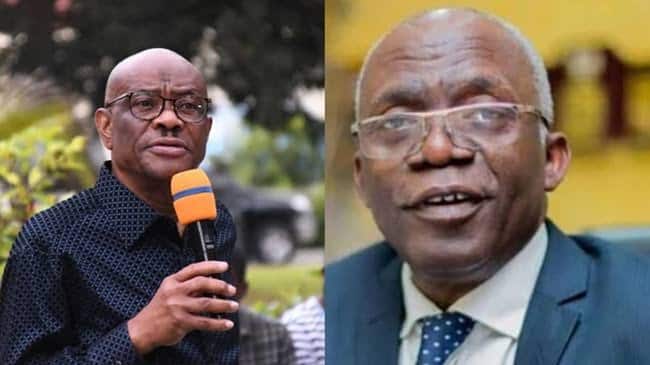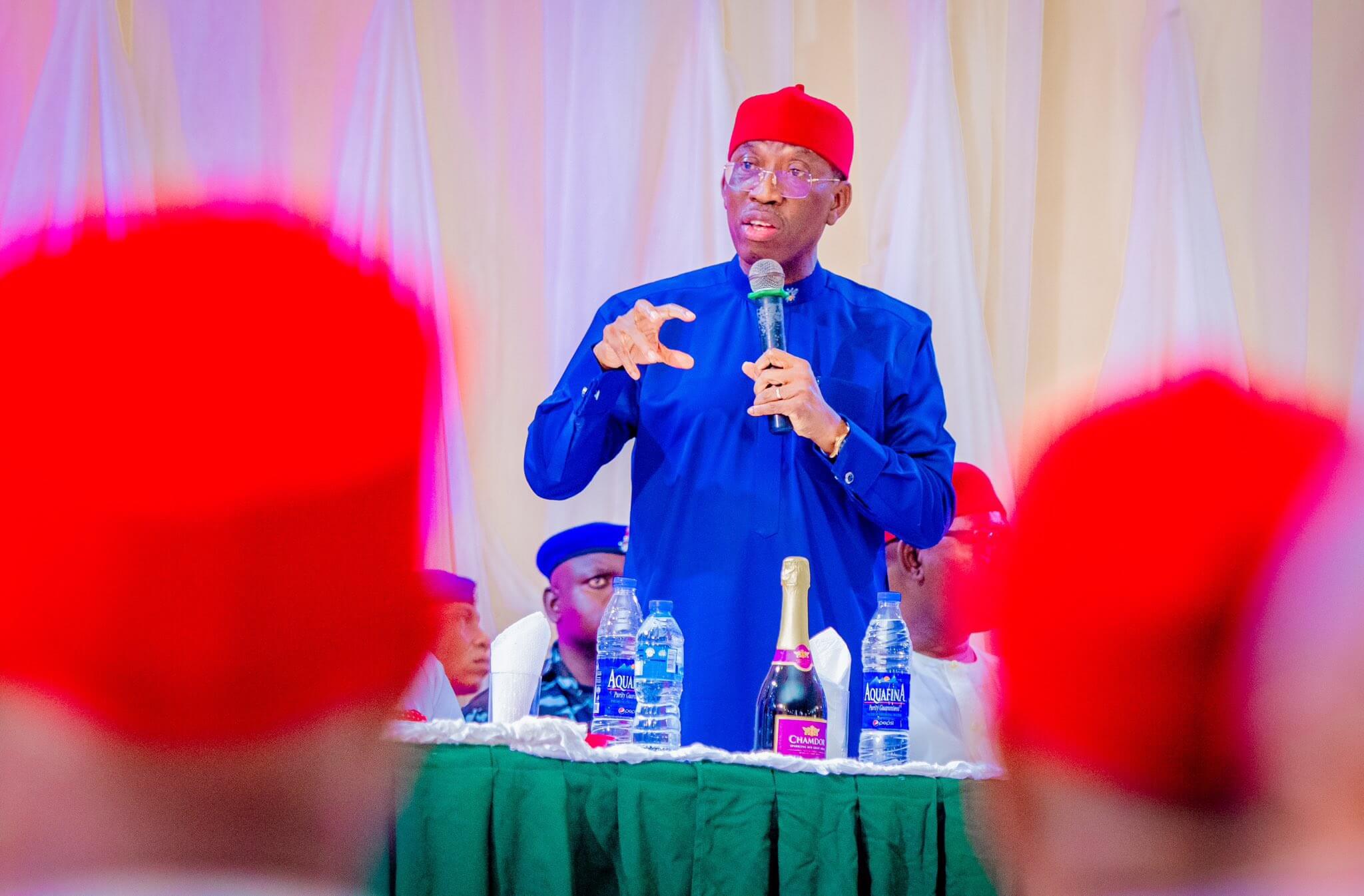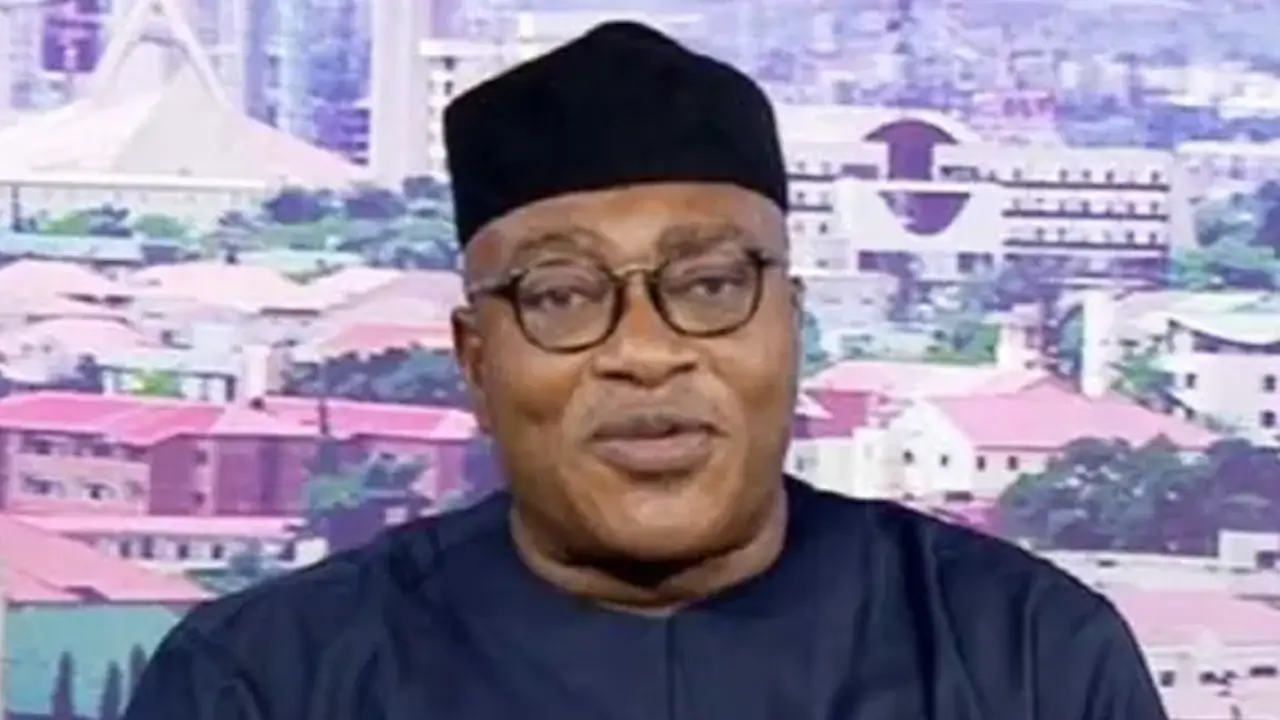The Nigerian government has announced plans to construct solar mini grids on the campuses of tertiary institutions and teaching hospitals across the country to reduce electricity costs and enhance learning and research.
The Minister of Power, Adebayo Adelabu, disclosed this during an inspection of the Advanced Solar Microgrid project at the University of Abuja, which he said to be 95 per cent completed.
Mr Adelabu explained that the initiative aligns with President Bola Tinubu’s vision to make “education the foundation of economic growth and industrial development by providing alternative energy sources to critical institutions.”
He said: “Energy is the backbone of every sector, and no critical sector can perform optimally without stable, functional, and affordable power. This is why President Tinubu has prioritised the power sector to drive other critical sectors, including education, which is essential for sustainable economic and human development,” he said.
The minister highlighted the administration’s commitment to shielding educational and healthcare institutions from high electricity costs by promoting renewable energy solutions like the solar project in the University of Abuja.
Maintenance, sustainability
Mr Adelabu urged the management of University of Abuja to ensure the grid’s maintenance and sustainability, adding that the government plans to replicate the project nationwide.
He said, “We need the cooperation of beneficiary institutions to sustain these projects and extend them to other locations. With this initiative, the high cost of energy in our universities and teaching hospitals will soon be a thing of the past.
Nigerians need credible journalism. Help us report it.
Support journalism driven by facts, created by Nigerians for Nigerians. Our thorough, researched reporting relies on the support of readers like you.
Help us maintain free and accessible news for all with a small donation.
Every contribution guarantees that we can keep delivering important stories —no paywalls, just quality journalism.
He noted that the project would reduce the reliance of recipient institutions on the national grid, ensuring a more reliable and cost-effective power supply.
The project, managed by the Rural Electrification Agency (REA) in partnership with the Nigeria Electrification Programme (NEP) and the Energising Education Programme (EEP), is scheduled for commissioning in December by President Tinubu.
University applauds initiative
The Acting Vice Chancellor of the University of Abuja, Aisha Maikudi, a professor, described the solar project as a relief for the university community, which has struggled with high energy costs and unreliable power supply.
“Electricity has been a major challenge for us. The cost of running generators is overwhelming due to the high cost of diesel. This project will bring immense relief to the university community,” she said.
She assured the minister of the university’s commitment to protecting and maintaining the facility.
Rising electricity costs in tertiary institutions
Nigerian universities have faced a persistent rise in electricity costs, with many institutions struggling to keep up with increasing tariffs.
According to published reports on PREMIUM TIMES, institutions like the College of Medicine of the University of Lagos (CMUL), Lagos University Teaching Hospital (LUTH), University of Lagos (UNILAG), University of Ibadan (UI), University of Benin, amongst others have faced a sharp increase in their electricity bills following their reclassification to higher tariff bands.
This shift, implemented by electricity distribution companies, tripled their monthly bills, exacerbating financial pressures on both public and private universities.
For instance, UNIBEN disclosed that electricity costs soared from N16 million monthly to over N46 million in 2022. This has created budgetary challenges and forced reliance on diesel-powered generators to maintain operations.
Similarly, at the Ahmadu Bello University (ABU), the electricity cost crisis left the institution with over N2 billion in unpaid bills, forcing it to rely heavily on expensive diesel-powered generators.
Private universities have not been spared either with Babcock University paying over N300 million monthly for electricity.
These burdens of rising costs have led many institutions to experience frequent disconnections and have prompted many to advocate for government interventions and sustainable energy solutions to reduce dependency on expensive energy sources.
Hike in electricity tariff
In April, the Nigerian Electricity Regulatory Commission (NERC) announced a hike in electricity tariffs for Band A customers, noting that they are offered an average daily electricity supply of 20 hours, although many complain they do not get up to that.
READ ALSO: How Nigerians can avoid high electricity bills – DisCo boss
The policy allowed DisCos to raise electricity prices to N225 ($0.15) per kilowatt-hour from N68, in return for guaranteeing 20 hours of electricity supply per day.
Nigerian Electricity Regulatory Commission (NERC) Vice Chairman Musiliu Oseni said the Band A consumers represent 15 per cent of the population but consume 40 per cent of the nation’s electricity.
He noted that the increase would not affect Bands B, C, D, and E while noting that the number of customers previously on Band A has been reduced.
Support PREMIUM TIMES' journalism of integrity and credibility
At Premium Times, we firmly believe in the importance of high-quality journalism. Recognizing that not everyone can afford costly news subscriptions, we are dedicated to delivering meticulously researched, fact-checked news that remains freely accessible to all.
Whether you turn to Premium Times for daily updates, in-depth investigations into pressing national issues, or entertaining trending stories, we value your readership.
It’s essential to acknowledge that news production incurs expenses, and we take pride in never placing our stories behind a prohibitive paywall.
Would you consider supporting us with a modest contribution on a monthly basis to help maintain our commitment to free, accessible news?
TEXT AD: Call Willie - +2348098788999

















 English (US) ·
English (US) ·